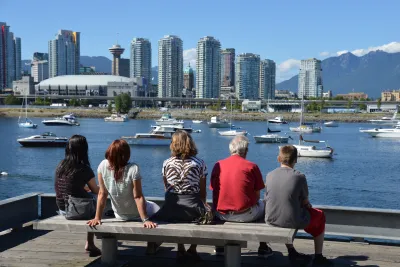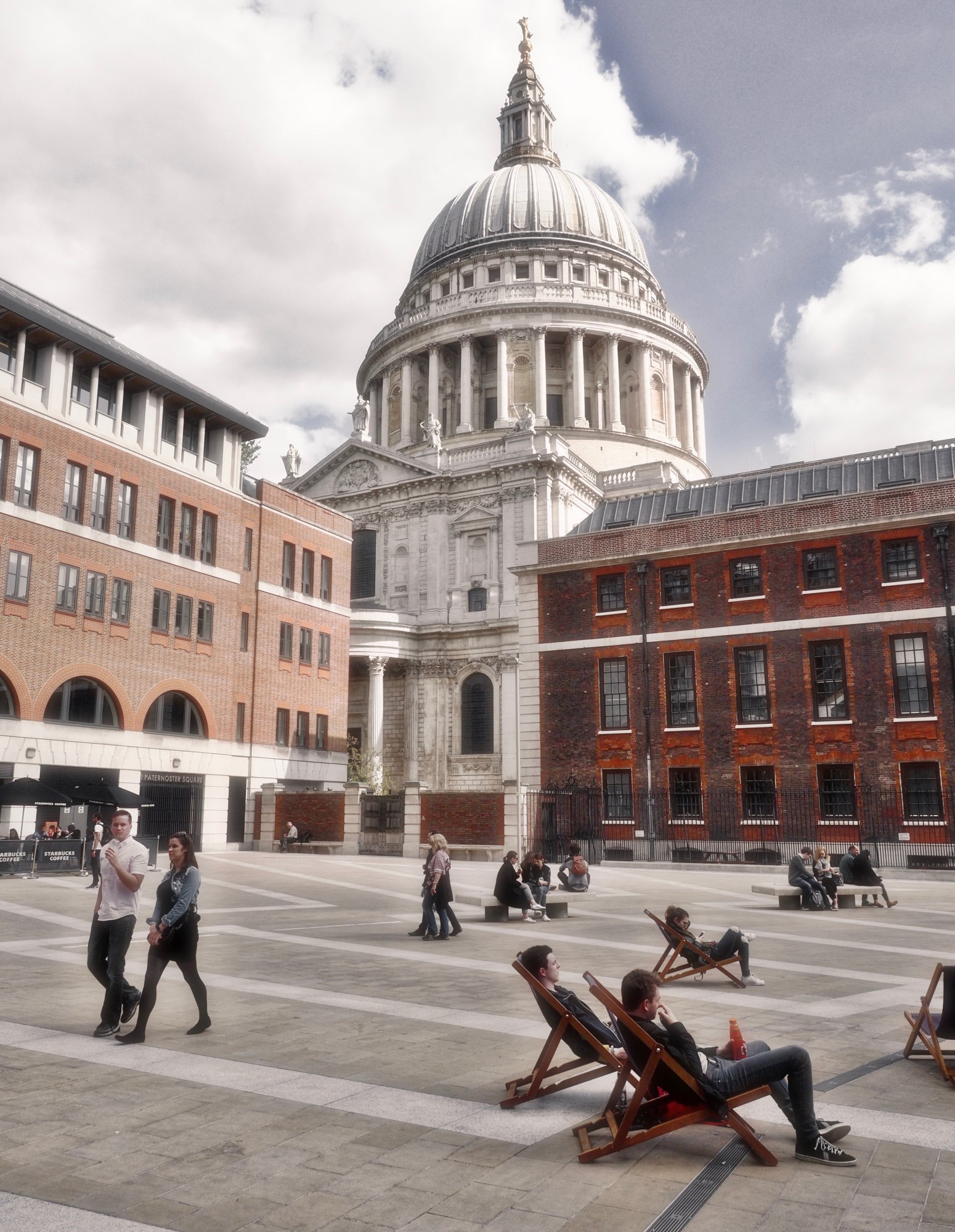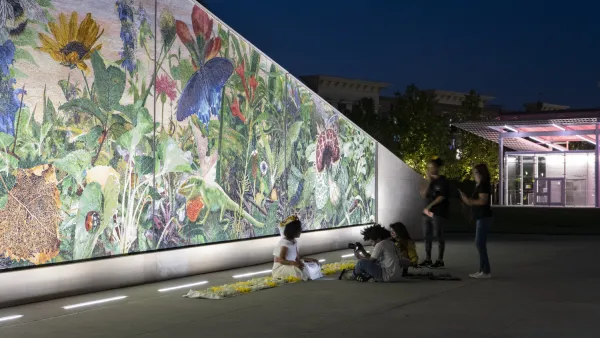"My twitter stream is alive with the sound of placemaking," writes Chuck Wolfe. While preparing for this week's Placemaking Week in Vancouver, he explains the importance of PPS-led programming and hopes for various panels, proceedings and events.

Citing the increasingly popular twitter hashtag, #placemaking, Wolfe recounts the three initiatives that will unfold in Vancouver this week under the umbrella of the New York-based Project for Public Spaces (PPS), including events surrounding the PPS Placemaking Leadership Council, the Future of Places, and ProWalk/ProBike/Pro Place.
The common themes address how to create accessible urban places that are useful, meaningful and enjoyable to a full range of residents and visitors alike--qualities that help people decide where they really want to live.
Most clear, notes Wolfe, is a spirit of empowerment in how the public realm develops, always contrasting with "starchitecture," rigid design or top-down plans. For PPS, a carefully studied, bottom-up approach is often the secret sauce of successful urban places. The Vancouver proceedings are full of creative, equity-centered language and ideals, in direct preparation forthe United Nations' Habitat III Conference, which follows in Quito, Ecuador in October.
As he summarizes:
The placemaking movement is hitting stride, and its principles are embraced by a number of professional organizations---from architects, to planners, to new urbanists---under different labels but with similar livability goals. I'm not so interested anymore about who owns the ideas, or whether a design professional is needed to implement a livable city. While not a design professional, I am more concerned... that a place-based approach remains more than pablum, and truly honors the latent needs of urban inhabitants and the findings of those well-versed in the academic discipline of "place-attachment".
Wolfe concludes by referencing prior writing focusing on authentic "placemaking" with a purpose, including one-time events that crystallize potential alternative uses of urban spaces, and real neighborhood experiences that offer a meaningful gloss on how to make cities better and increase shared places for all:
Because I think success often emerges from urbanism that we already have--which is readily observable, and already there to be nurtured---I'll be going to Vancouver with an informal metric in mind: how many of the panels, proceedings, talks and strategies avoid immediate prescription without critical analysis? Will they remember to look first for what people have, want and need?

FULL STORY: Why My Twitter Feed is Singing About Placemaking

Analysis: Cybertruck Fatality Rate Far Exceeds That of Ford Pinto
The Tesla Cybertruck was recalled seven times last year.

National Parks Layoffs Will Cause Communities to Lose Billions
Thousands of essential park workers were laid off this week, just before the busy spring break season.

Retro-silient?: America’s First “Eco-burb,” The Woodlands Turns 50
A master-planned community north of Houston offers lessons on green infrastructure and resilient design, but falls short of its founder’s lofty affordability and walkability goals.

Test News Post 1
This is a summary

Analysis: Cybertruck Fatality Rate Far Exceeds That of Ford Pinto
The Tesla Cybertruck was recalled seven times last year.

Test News Headline 46
Test for the image on the front page.
Urban Design for Planners 1: Software Tools
This six-course series explores essential urban design concepts using open source software and equips planners with the tools they need to participate fully in the urban design process.
Planning for Universal Design
Learn the tools for implementing Universal Design in planning regulations.
EMC Planning Group, Inc.
Planetizen
Planetizen
Mpact (formerly Rail~Volution)
Great Falls Development Authority, Inc.
HUDs Office of Policy Development and Research
NYU Wagner Graduate School of Public Service


























